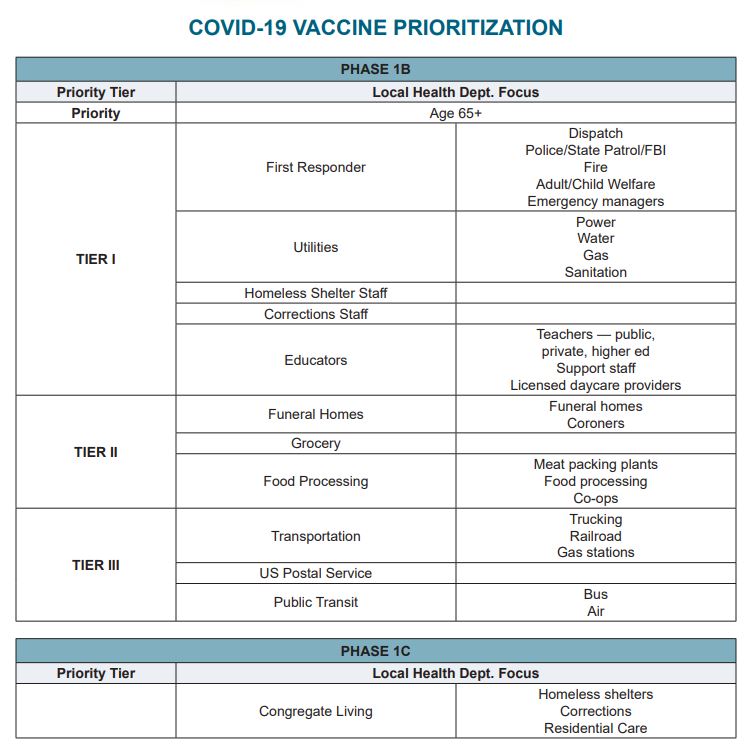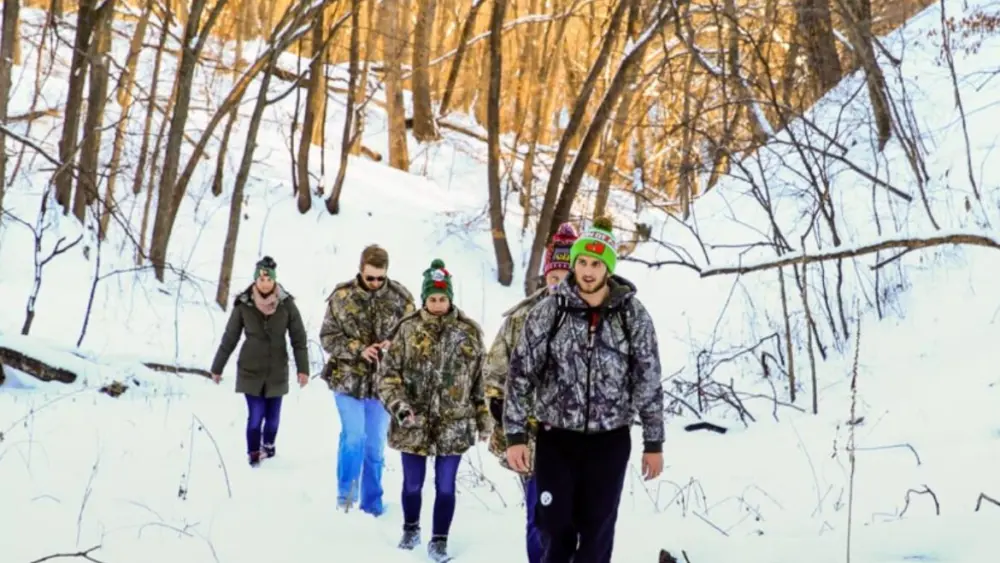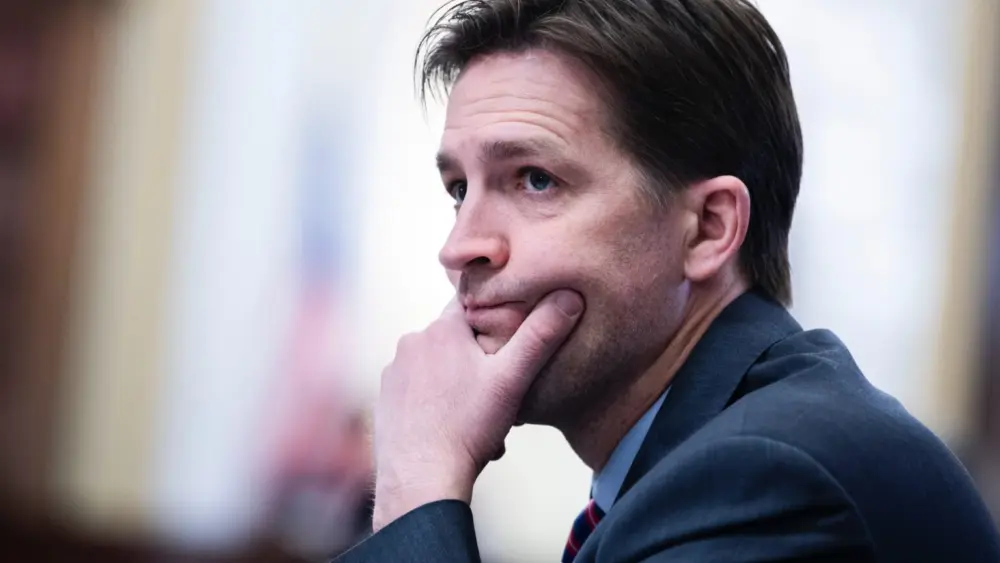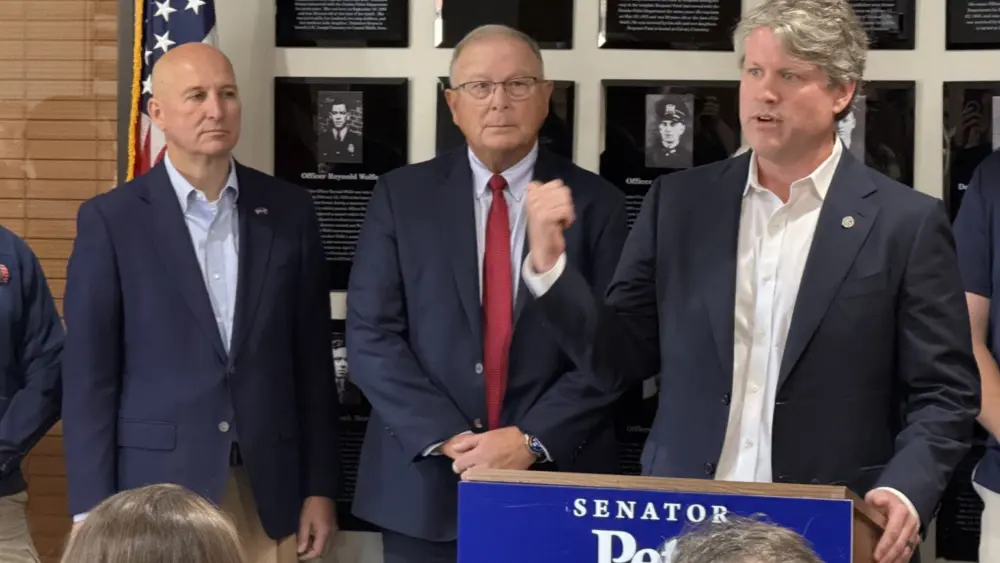FREMONT – Thousands of Nebraskans with medical conditions will have to wait longer than anticipated for their coronavirus vaccine, after last week’s decision to remove those with high-risk health complications, called comorbidities, from the State of Nebraska’s current vaccine priority tier.
Last Thursday, Governor Ricketts said during a press conference that the State of Nebraska would move to an age-based vaccination plan, removing those with high risk medical conditions from any specific tier. “Age is the single biggest factor in determining who is most likely to be severely impacted by the coronavirus,” the Governor said, “That’s why we’ve been focusing on vaccinating Nebraskans in the 65+ age category.”
“As we look forward to vaccinating the general population, we’ll continue to prioritize vaccinations based on age.”
At the State’s Monday morning coronavirus press briefing, Dr. Gary Anthone, the state’s Chief Medical Officer agreed with the State’s new age-based focus. “There are twice as many people in the 50-59 age group dying than everybody in the 49 or less,” he said. “And so we know that those people 49 and less will have comorbidities but when you add up the numbers, it’s pretty glaringly obvious that age is the number one reason for dying of COVID. So, I do agree with that.”
With the increasing amount of vaccine supply, Nebraska is expecting to be able to move to the general population in April or May. After Phase 1B is complete, Nebraska will begin to vaccinate the general population. The general population phase, or Phase 2, will continue to prioritize by age, with those 50-64 years old in line prior to the remainder of the population: those 16-49 years old.
The State is still prioritizing workers in certain industries, in addition to the age-based plan. The new Phase 1B will include all persons over age 65, and all persons who work in the categories specified below:

After Phase 1, comes the much less granular Phase 2: two simple population groups, divided by age:

This strategy leaves many younger people who, due to medical conditions, are at risk for complications and death from the coronavirus left to continue their lives in isolation for months longer than anticipated.
One Omaha woman, whose husband’s cancer and the associated treatments leave him at risk of death from the coronavirus, will petition the Governor to return medically at-risk people to a higher priority group. Mura O’Neill-Rohe created a petition on Change.org and says that the State’s new age-based strategy, “leaves younger people suffering from cancer, cystic fibrosis, autoimmune disorders, diabetes, and many other conditions to wait, after weeks of having a place in line.”
“In many cases, the high risk community has been the most mindful of the pandemic and the most careful,” O’Neill-Rohe said in the petition. “They’ve remained distanced from friends and family, they’ve kept their children from school and activities, and it is now their turn for some relief.”
As of Feb. 22, 211,237 Nebraskans have registered to receive the vaccine at vaccinate.ne.gov.











